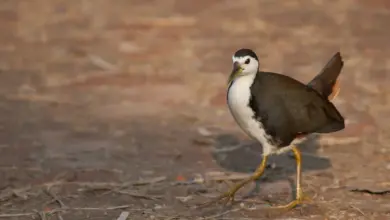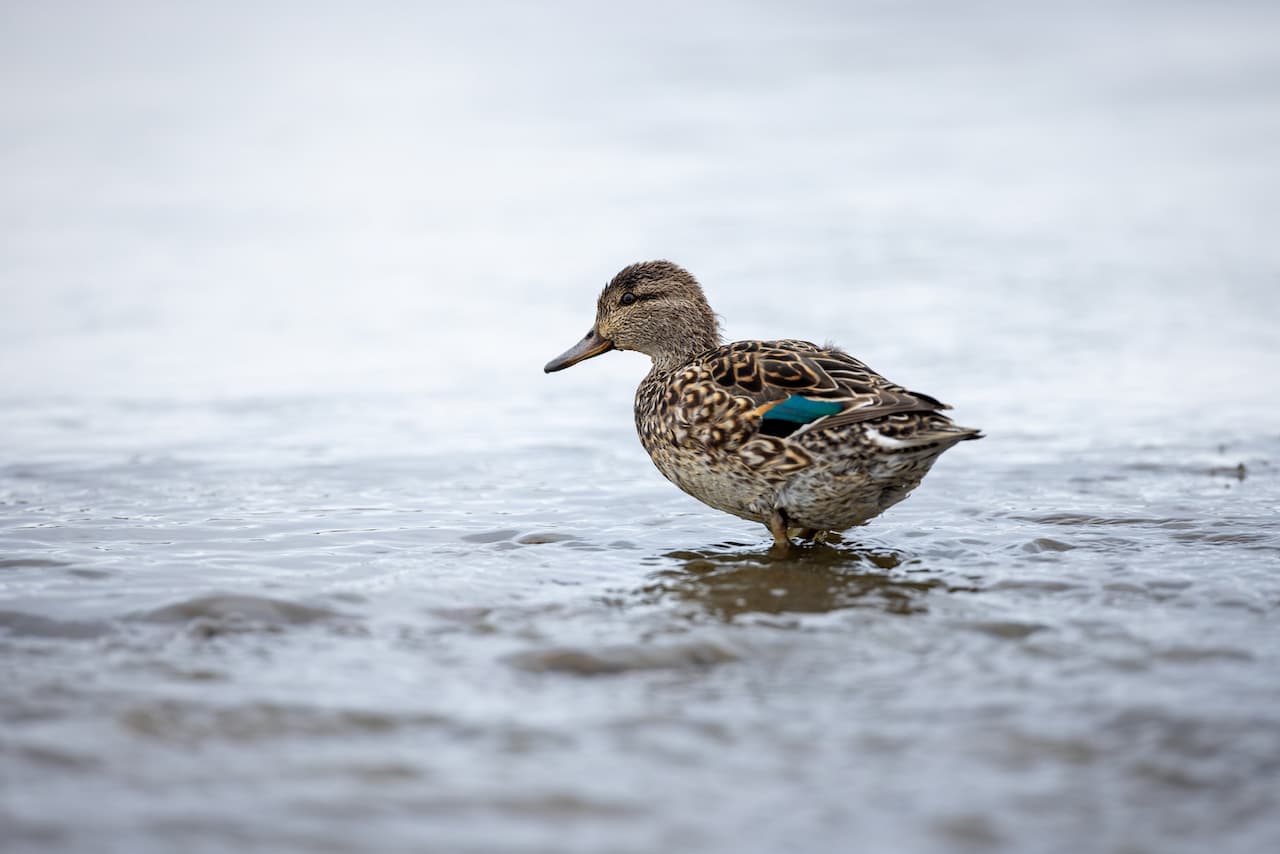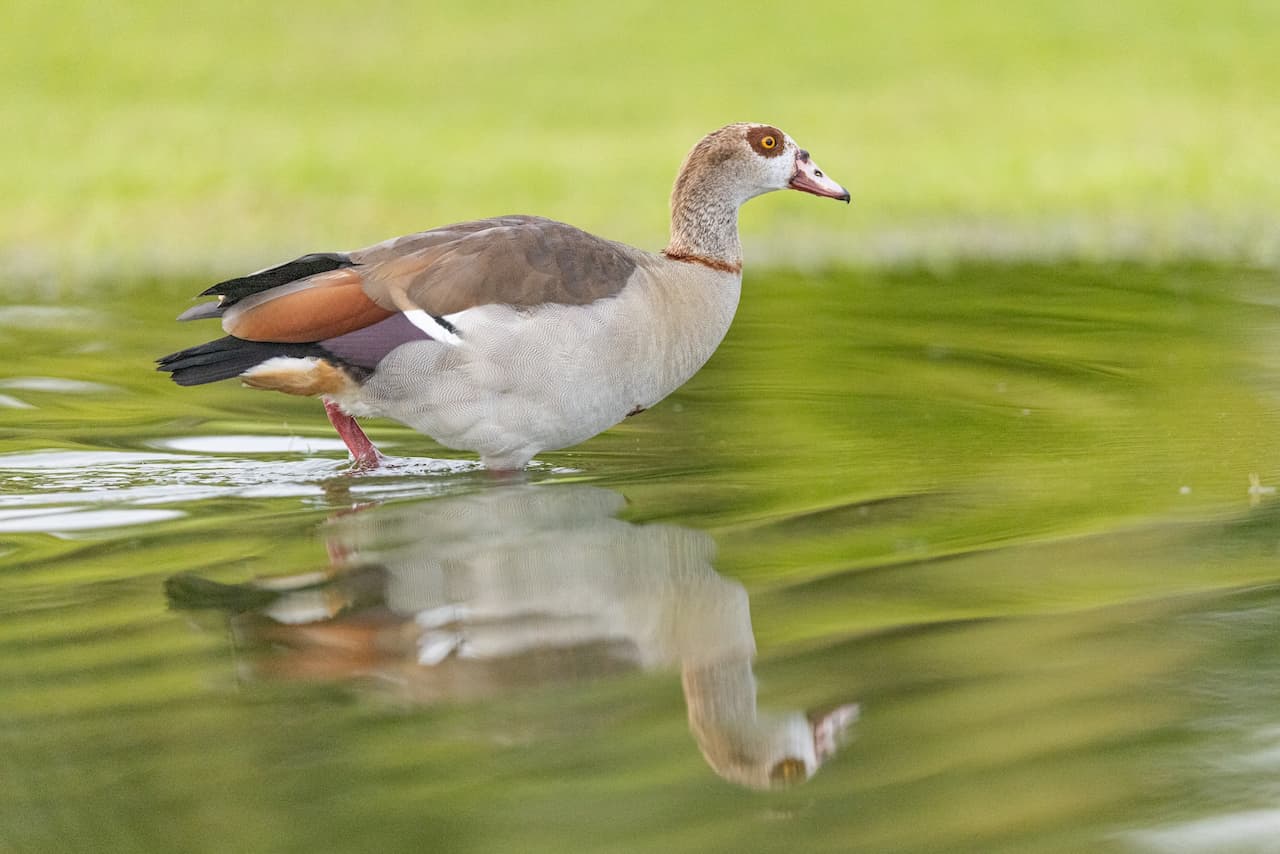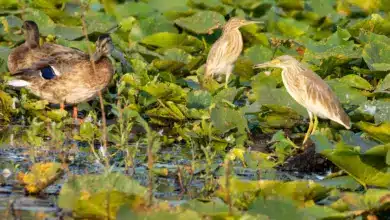Olive Ibises (Bostrychia olivacea)
The Olive Ibises (Bostrychia olivacea) are found in the following African countries and nearby islands:
Cameroon, Republic of the Congo, the Democratic Republic of the Congo, Ivory Coast, Gabon, Ghana, Kenya, Liberia, São Tomé and Príncipe, Sierra Leone, and Tanzania.
Ibises resemble herons and share many of their habitats and behavioral traits, but unlike herons, ibises fly with necks outstretched and often in V-formation.
Diet / Feeding
Olive Ibises mostly feed in shallow waters on aquatic insects, mollusks, frogs, and food sifted from the water surface.
Their diet also includes insects caught on land, as well as lizards, worms, skinks, and other small reptiles.
Some species will also take small birds.
Breeding
Most breeding activities are observed after the rainy season, when plenty of food is available.
They typically nest in colonies, often with other water birds.
The nests are shallow cup-shaped platforms of sticks, grasses or reeds that are typically situated on trees near a body of water, such as rivers, swamps or lakes. Although some ibises also make their nest amongst rocks and on cliffs,
The average clutch consists of 2 – 4 eggs. The nests are often reused year-after-year.




